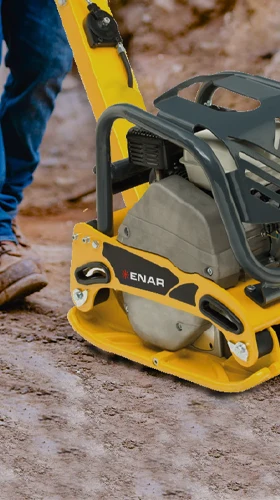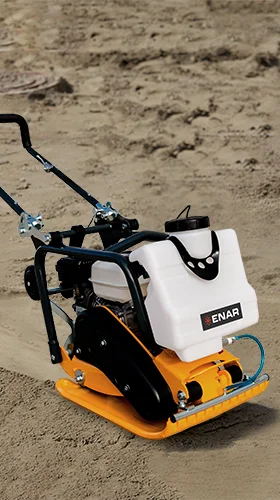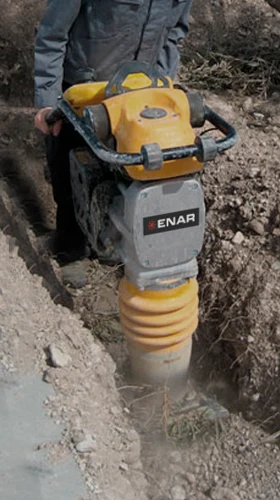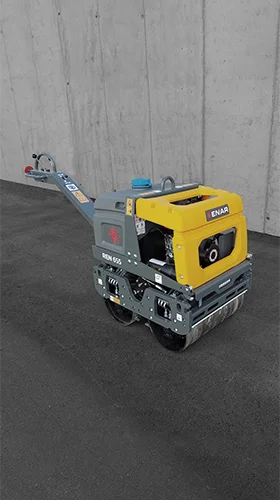What is soil compaction and why is it important?
Soil compaction is a crucial process in construction that involves increasing the density of soil or granular material by removing air and reducing void spaces between soil particles. This is achieved by applying mechanical force to the soil, typically through compaction equipment such as vibrating rollers, compacting plates, or rammers, to compress and consolidate the soil. Proper soil compaction is essential to ensure the stability and load-bearing capacity of foundations, pavements, and other construction elements. It helps prevent settling, uneven subsidence, and structural damage, making it a fundamental step in construction projects.
View more articles: Compaction Process
- When is soil compaction necessary?
- What are the most common compaction methods?
- How is the quality of compaction verified?
- What type of compactor do I need for my project?
- Is a reversible or unidirectional vibrating plate better?
- How does soil moisture affect compaction?
- What are the risks of poor compaction in foundations and pavements?
- Can clay soil be compacted? What equipment is recommended?
- How do I change the oil in my ENAR compaction equipment?
- Where can I purchase original spare parts for my ENAR machinery?





